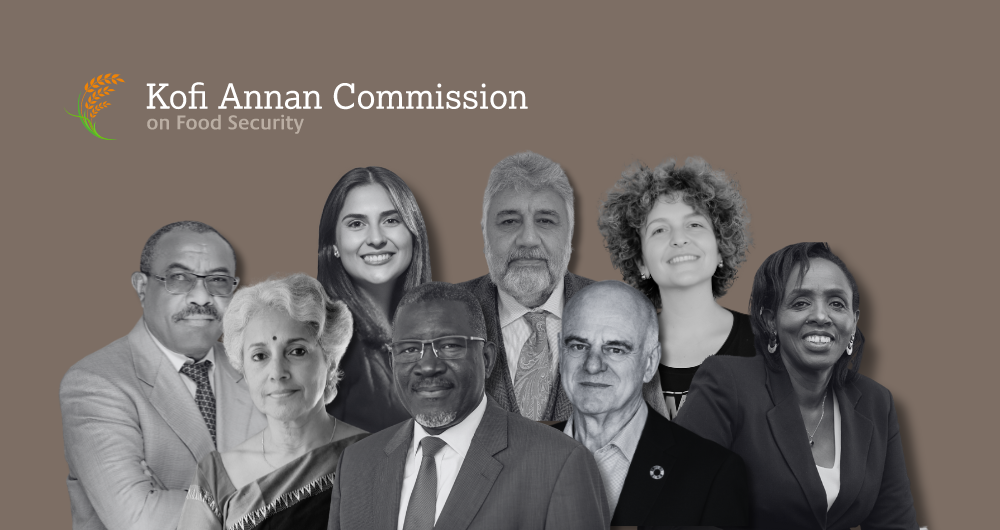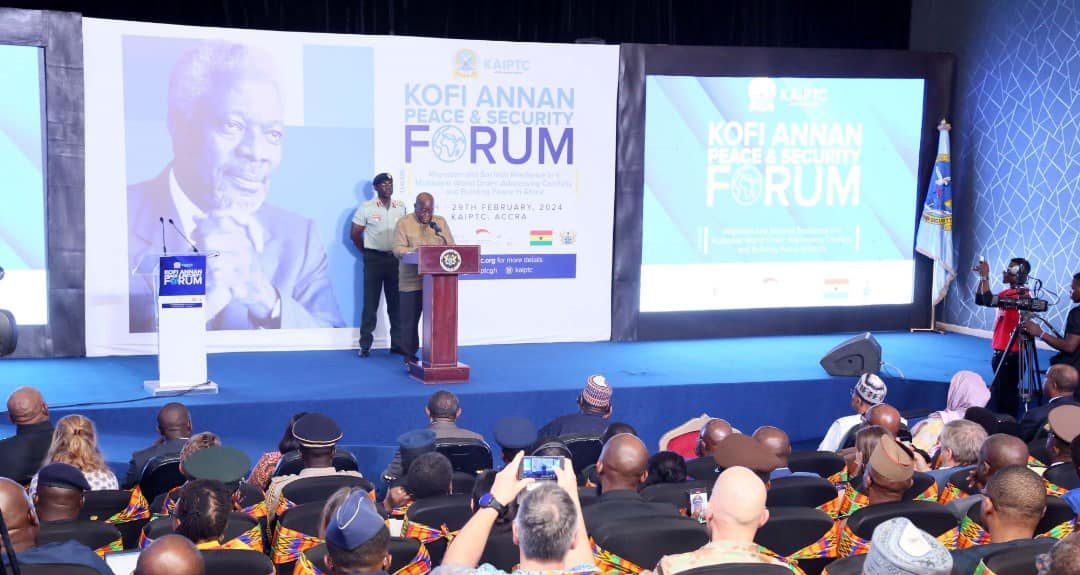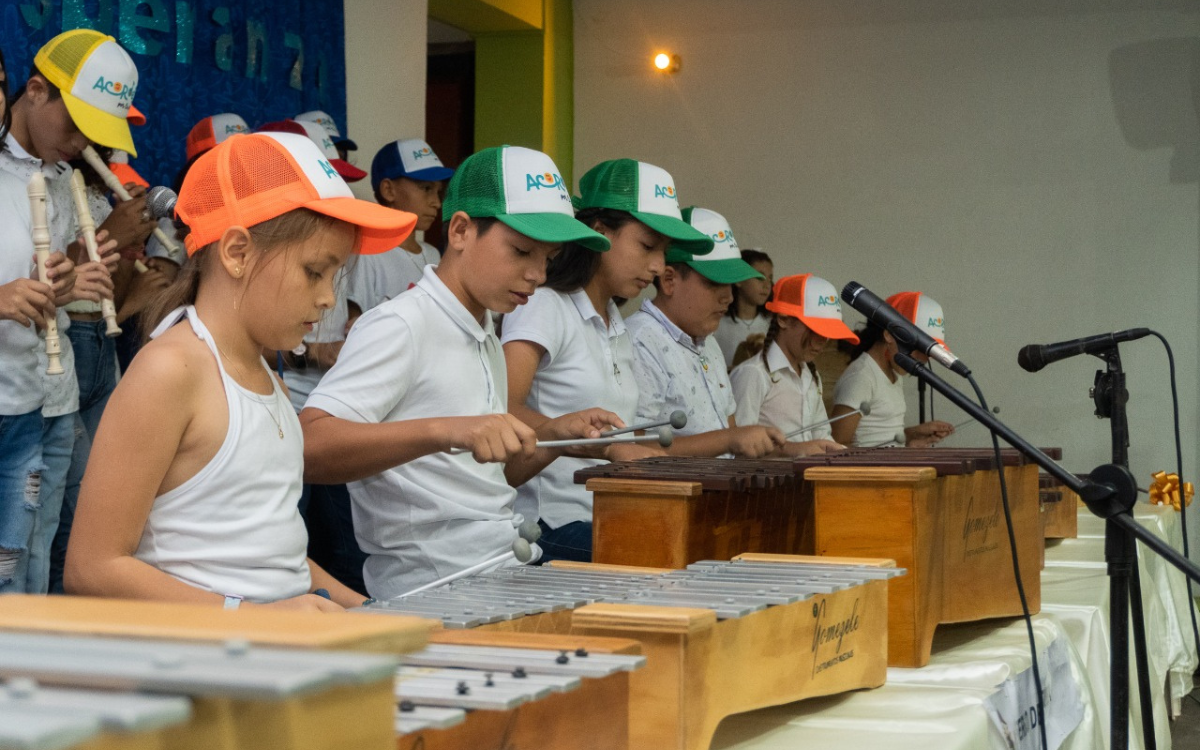The vital role of interfaith harmony in preventing violent extremism
We interviewed Extremely Together Young Leaders Jonah and Hassan on the importance of interfaith dialogue in preventing violent extremism and how to encourage productive discussions.
Extremely Together Young Leaders Jonah Obajeun and Hassan Ndugwa bring young people together to prevent violent extremism in Nigeria and Uganda.
Jonah set up the Tolerance Academy, a peacebuilding boot camp in Nigeria. The academy encourages interfaith and intercultural dialogue by setting up clubs in schools and creating an educational platform for youth to learn how to diminish their prejudices.
Hassan is the co-founder of the peacebuilding organisation Uganda Muslim Youth Development Forum (UMYDF) in Uganda. The UMYDF promotes pluralism and tolerance through dialogues, training and interfaith activities, and research and advocacy.
What does ‘interfaith’ mean?
Jonah: First, I will tell you what interfaith is not, which will help explain what it is. It is not a competition between Islam and Christianity. It is not between Catholic and Sunnis; neither is it a contest between Shia and Pentecostal. It is not a debate between Anglican and Tijanyyaa. It is not a measure of faith superiority. Interfaith is the positive reinforcement of relationships among all faiths as a social contract between them and their communities.
Interfaith is the positive reinforcement of relationships among all faiths
Why is interfaith harmony so important to you?
Jonah: For me, I grew up as a Christian, trained by Muslim families. When I was ten, I went to open forums where Imams (Muslim clergy/religious leaders in mosques, the Islamic place of worship, and in Muslim communities) and other religious leaders would speak. However, instead of dialogue, they would try to convert people to their beliefs.
This experience showed me that open communication is essential to ensure that learnings cannot be manipulated or be prejudiced. This was ultimately the reason I set up the Tolerance Academy.
Hassan: In 2010, there was a bombing at the Kyadondo Rugby grounds. I was there with friends watching Spain play Holland in the World Cup Final. The blast killed 74 people and injured over 75 more. In the days following the attack, I saw that people were blaming Muslims. We set up the UMYDF in response to these negative prejudiced messages, rather than letting events like the Kyadondo bombing drive a further wedge between the different faith communities in Uganda.
If someone wants to start an interfaith dialogue, what do they need to know?
Jonah: Before starting an interfaith dialogue, everyone must be open-minded about their own religion and beliefs. This ensures the starting place is one of tolerance and that people are open to learning about others. Additionally, it is vital to be mindful of the labels and terminology you use for your events and interventions. I see that terms such as ‘Countering Violent Extremism’ cause discomfort and raises the arm for security threats, particularly as this term means different things to different people.
Hassan: I agree. Furthermore, it is crucial to create an environment where everyone feels comfortable. In some of our interfaith dialogues, we have had religious sects that are relatively isolated. Before starting, we consider everyones ‘comfort zones.’ We realised it was essential to those who are isolated that we limit any music in the background, which meant they felt more content and thus happy to participate.
Additionally, both Jonah and I see that teaching activists how to lead interfaith dialogues and activities is just as important. We want to ensure dialogue leaders have a sufficient understanding of all doctrines and can use this knowledge to navigate their own biases and participants’ biases.
How do you move from dialogue to action, aka ‘interfaith activities’?
Hassan: At the UMYDF, getting young people engaged in activities where they can share what is important to them in an informal setting is key. This informality gives them the space to build lasting relationships across faith and cultural barriers.
For example, we have set up some interfaith peace gardens. This project aims to create a living symbol of interfaith harmony where young people can discuss, play sports, and interact with each other. The project starts with a gardening fellowship, where young people learn about landscaping and gardening. Then, young people from various religious backgrounds come together to build the garden with corners representing each different religion. By the time the gardens are finished, the participants have made lasting friendships that go beyond faith.
Jonah: The Tolerance Academy adopts a similar approach. We emphasise civic responsibilities rooted in local context and culture while linking to existing social ills such as bullying. I think this makes learning more relevant and relatable to young people.
In addition to dialogues, we educate primary and secondary school children about interfaith harmony, value formation, critical thinking and tolerance. Patterns of thinking develop in early childhood; therefore, giving children the tools to think critically and engage in dialogue will help them become thought-leaders for harmony and tolerance.
What role does personal bias play?
Jonah: Recognising your biases toward other individuals and groups is the most crucial part of any interfaith activity. At the Tolerance Academy, we connect Muslim students with pastors and young Christians to Imams for an internship. Having done this for over ten years, we have found that 95% of participants strongly discriminate against the other religion before the internship starts.
Hassan: Similarly, the UMYDF has recognised that learning to appreciate our differences involves recognising one’s biases and the biases that may be present within our communities. Once we recognise these biases in ourselves, we can take steps to create a more equal and accepting environment.
Once we recognise these biases in ourselves, we can take steps to create a more equal and accepting environment.
To recognise your biases, you need to have the tools to think critically about the information you see. There are multiple ways to do this. For example, at both the UMYDF and the Tolerance Academy, we use dialogues and interfaith exhibitions to allow young people to showcase important symbols in their respective religions. We also provide critical thinking training for schools.
How can we be ‘Extremely Together’?
Jonah: To create a peaceful and tolerant world, we need to understand and appreciate each other’s differences. Interfaith dialogues, activities and developing critical thinking can help us identify our implicit biases and prejudices.
Hassan: We should learn from the rich cultures surrounding us and counter extremist narratives that seek to spread division within societies. Our experiences have shown us that young people are eager to learn and understand different religions. If we harness that enthusiasm, we can help prevent violent extremism together.
A photo of Jonah with a graduate from the Tolerance Academy. Photo credit: Tolerance Academy
Jonah and Hassan participated in a webinar on the importance of interfaith dialogue in preventing violent extremism organised by the Organization for Security and Co-operation in Europe (OSCE) and the Kofi Annan Foundation 22 February 2021. Find out more.




